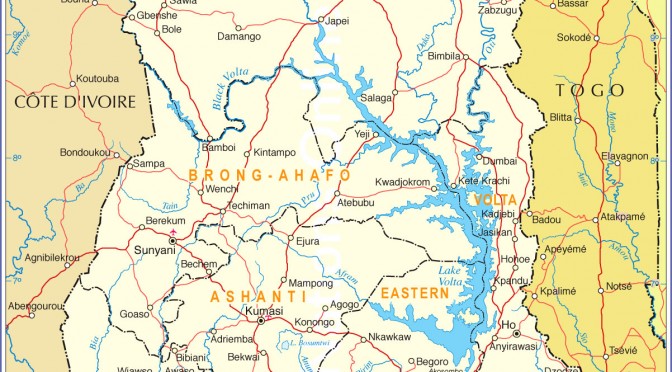Sunon Asogli, local subsidiary of Shenzhen Energy of China, says it is considering the development of a wind power generation project in Ghana.
The project is part of the company’s future plans for the country which has been grappling with an energy crisis for the past three years.
The Chairman of Sunon-Asogli, Shaw Lee, told journalists touring its thermal plant at Tema, 38 km east of the capital city, on Monday that what was left was an investment decision for the project.
According to him, there were other investment plans that the entity was studying, one of which was the wind power project.
“We may develop a wind farm project in the country and we have studied the potential sites already and we are waiting for the investment decision from the investors for the project,” Lee said.
Between 2007 and 2010, the Chinese company built a 200 Megawatts (MW) combined-cycle thermal plant in Tema, which consistently provides between 10 percent and 14 percent of Ghana’s total energy supply currently.
Sunon-Asogli is expanding this plant which depends on gas from Nigeria through the West Africa Gas Pipeline.
“Actually, we have started our expansion; the phase two of our projects. Hopefully, next year, middle of next year, we can complete. This project we designed for combined light crude and gas,” Lee disclosed.
The 576 million-U.S. dollar expansion, which is on the same plot as the existing plant, is expected to add 360 MW of power to increase the plant’s total capacity to 560 MW with two 180 MW plants.
“Currently, at full capacity, we consume daily about 35 million standard cubic feet of gas (scfg) per day but adding the expansion, we will consume like 100 mscfgd.” Lee said.
Although the new plant is being built to be able to consume both light crude oil and gas, the Chairman stressed that they would prefer using mainly gas due to its cost-effectiveness.
“But we prefer to stay on gas because light crude is too expensive. It is too expensive to the customers. If the customer is willing to pay for that, we can run that one but currently my understanding is that always government finds some subsidies to compensate for the losses; but this cannot be sustained for long,” Lee cautioned.
Delali Diana Amaglo, Public Relations Officer of Sunon-Asogli Ghana Limited, assured Ghanaians that the company would continue to produce power as long as gas continued to flow from Nigeria.


